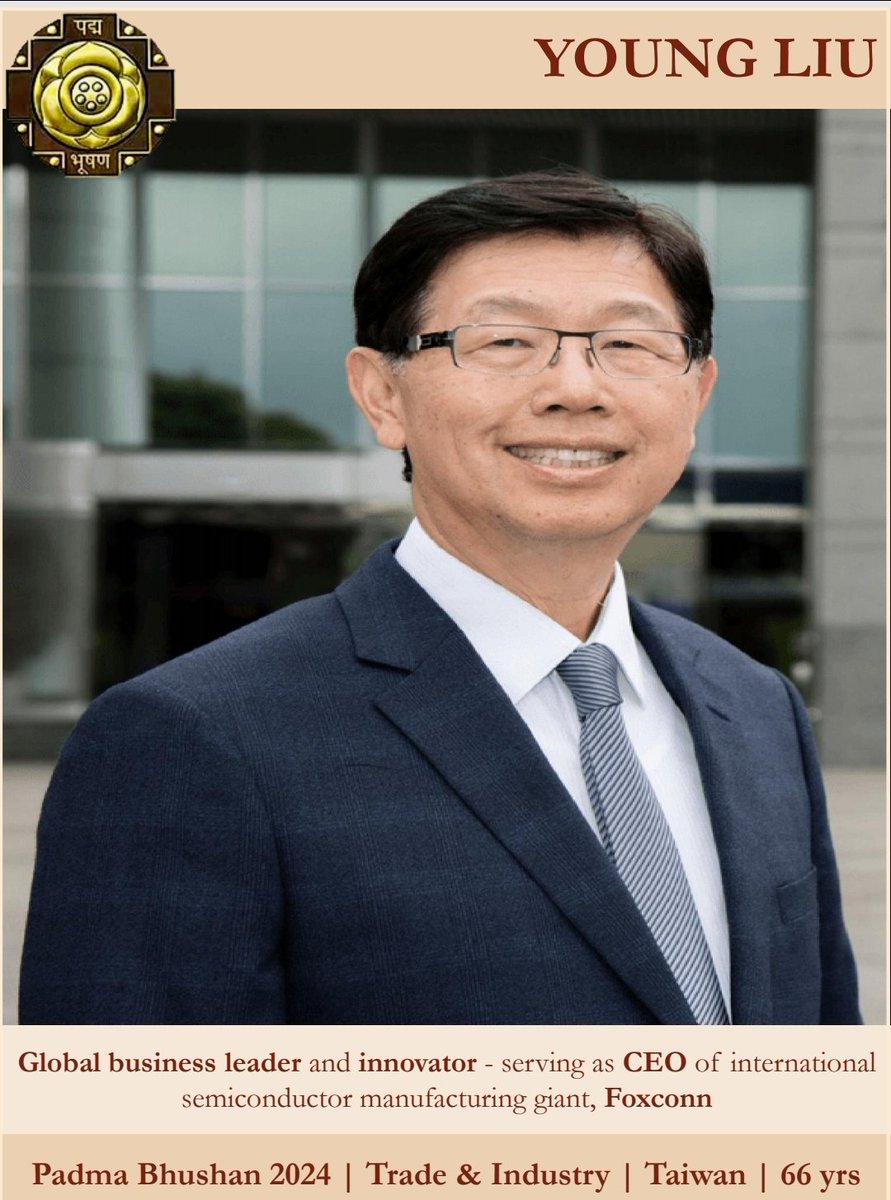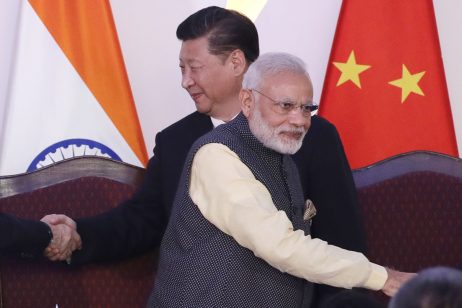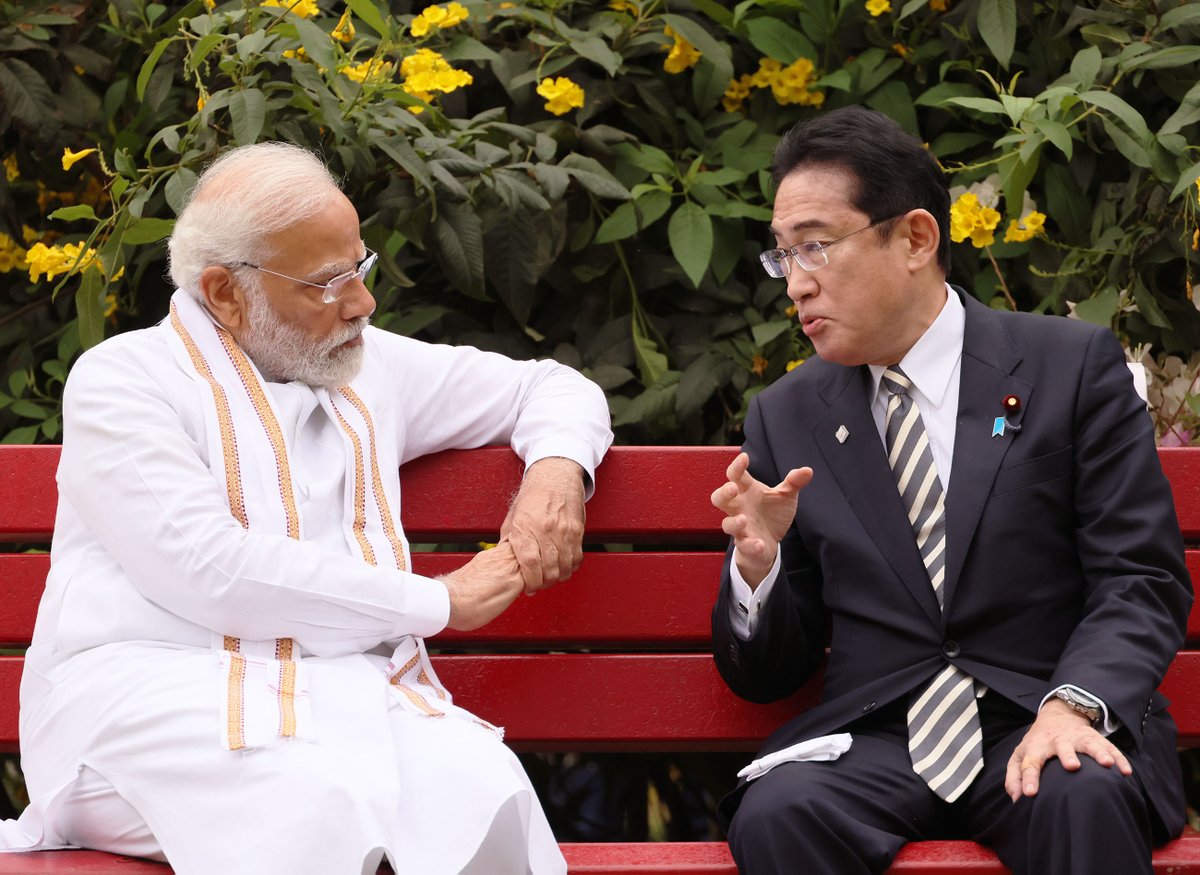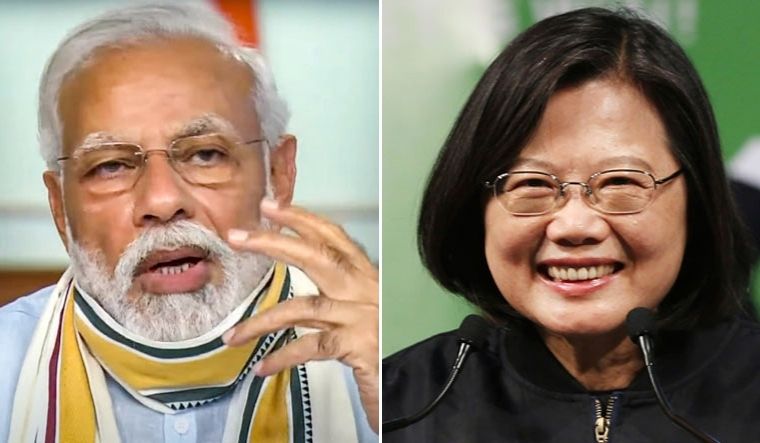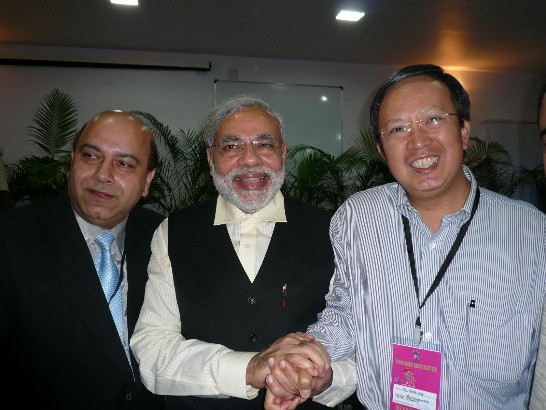I am always open to differing viewpoints, but this @ForeignPolicy article is utter nonsense. Many Western scholars are losing the plot on Taiwan and are simply parroting Beijing's talking points.
Let me break this down point by point. 1/8 🧵
foreignpolicy.com/2025/05/01/tru…
Let me break this down point by point. 1/8 🧵
foreignpolicy.com/2025/05/01/tru…
The authors argue: "Washington has rightly denounced China's military escalations, but it has so far overlooked Lai's subtler political escalations.”
No, advocating for peace, preserving the status quo, and governing 23 million people while supporting self-determination is not a 'subtle political escalation.' It's a fundamental responsibility of leadership.
2/8
No, advocating for peace, preserving the status quo, and governing 23 million people while supporting self-determination is not a 'subtle political escalation.' It's a fundamental responsibility of leadership.
2/8
The authors incorrectly assert: "Since Lai took office last May, he has continually taken new steps to protect and assert Taiwan’s status as a sovereign, independent nation."
Lai has not said anything that hasn't been said before. Fighting for survival and defending against a [potential] unprovoked invasion should not be mischaracterised as provocation.
3/8
Lai has not said anything that hasn't been said before. Fighting for survival and defending against a [potential] unprovoked invasion should not be mischaracterised as provocation.
3/8
The authors claim, "Lai is engaging in classic 'salami-slicing' tactics that go largely unnoticed by observers around the world, except for those who matter most: the parties staring each other down across the Strait."
This is one of the most obnoxious claims about Taiwan. The "salami-slicing" argument is not only wrong but also completely misses the point. Lai isn't secretly inching towards independence; he's defending Taiwan's sovereignty from an unprovoked, aggressive neighbour. These actions are transparent and necessary, not covert provocations. Taiwan has always called for the status quo, yet somehow, legitimate defence measures are twisted into "salami-slicing." It's as if the right to self-defence is being ignored to fit a distorted narrative.
4/8
This is one of the most obnoxious claims about Taiwan. The "salami-slicing" argument is not only wrong but also completely misses the point. Lai isn't secretly inching towards independence; he's defending Taiwan's sovereignty from an unprovoked, aggressive neighbour. These actions are transparent and necessary, not covert provocations. Taiwan has always called for the status quo, yet somehow, legitimate defence measures are twisted into "salami-slicing." It's as if the right to self-defence is being ignored to fit a distorted narrative.
4/8
The authors say: "Lai clearly sees things differently, and only the United States has the leverage to make him change course."
This is condescending, stripping Taiwan of any agency and dehumanising both the island and its people.
5/8
This is condescending, stripping Taiwan of any agency and dehumanising both the island and its people.
5/8
The authors conclude: "The alternative is to watch the status quo continue to deteriorate, potentially to the point of no return."
The authors fail to grasp that Beijing also bears responsibility for peace. Taiwan is not China's to claim, and no one owes Beijing assurances about how Taiwan should behave.
6/8
The authors fail to grasp that Beijing also bears responsibility for peace. Taiwan is not China's to claim, and no one owes Beijing assurances about how Taiwan should behave.
6/8
Pieces like these are a complete mischaracterisation of Taiwan, and promoting such narratives is deeply irresponsible & dangerous. Commentators pushing this line seem more invested in Taiwan's capitulation to Beijing than in respecting the lives and democratic will of those who live here.
And yet, it's these voices that dominate the conversation—Western commentators gatekeeping & maintaining an unchallenged monopoly on publishing about Taiwan.
7/8
And yet, it's these voices that dominate the conversation—Western commentators gatekeeping & maintaining an unchallenged monopoly on publishing about Taiwan.
7/8
This isn't the first time platforms like Foreign Policy or Foreign Affairs have published pieces like this. At times, it feels as though such commentaries are a substitute for some Western scholars' inability to grasp the nuances of Taiwan and cross-Strait relations.
They reveal a striking lack of understanding of Taiwan; its approach, its policy, and its lived reality.
8/8
They reveal a striking lack of understanding of Taiwan; its approach, its policy, and its lived reality.
8/8
• • •
Missing some Tweet in this thread? You can try to
force a refresh


